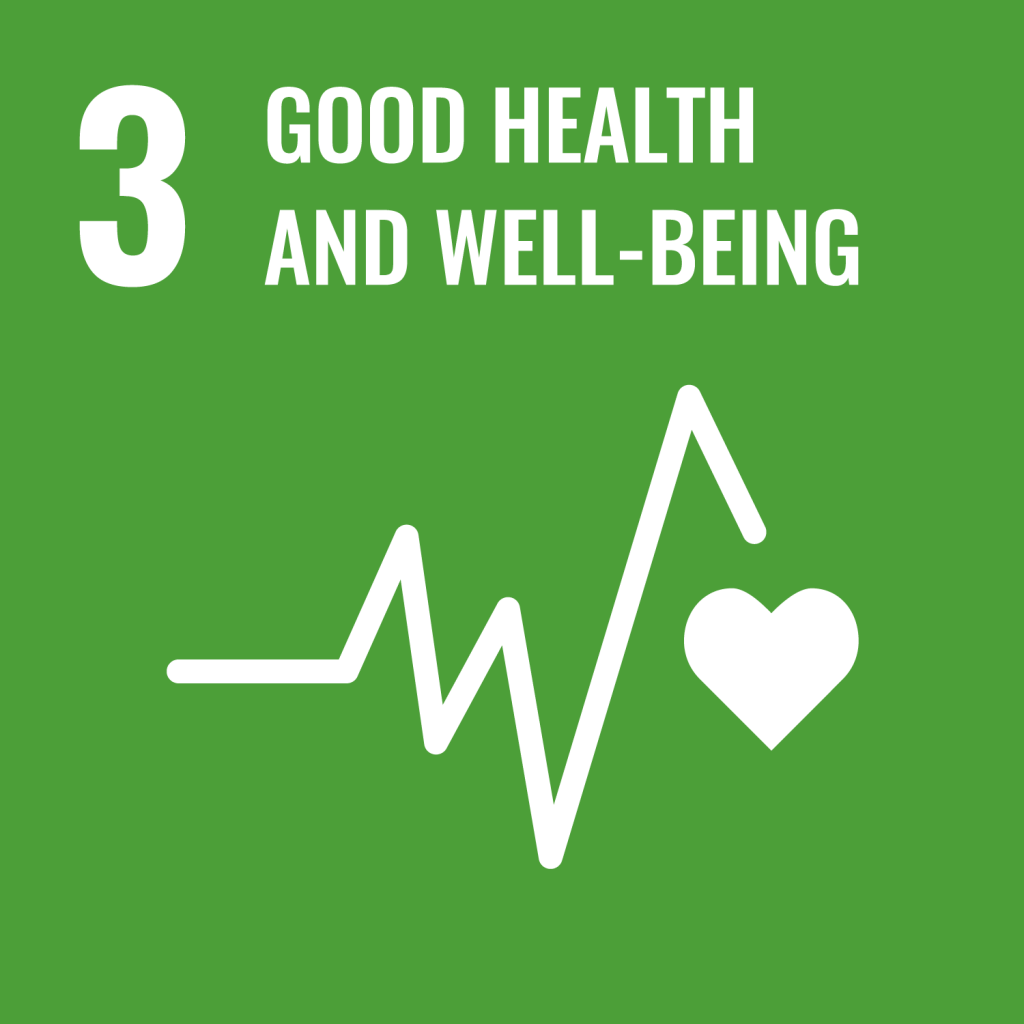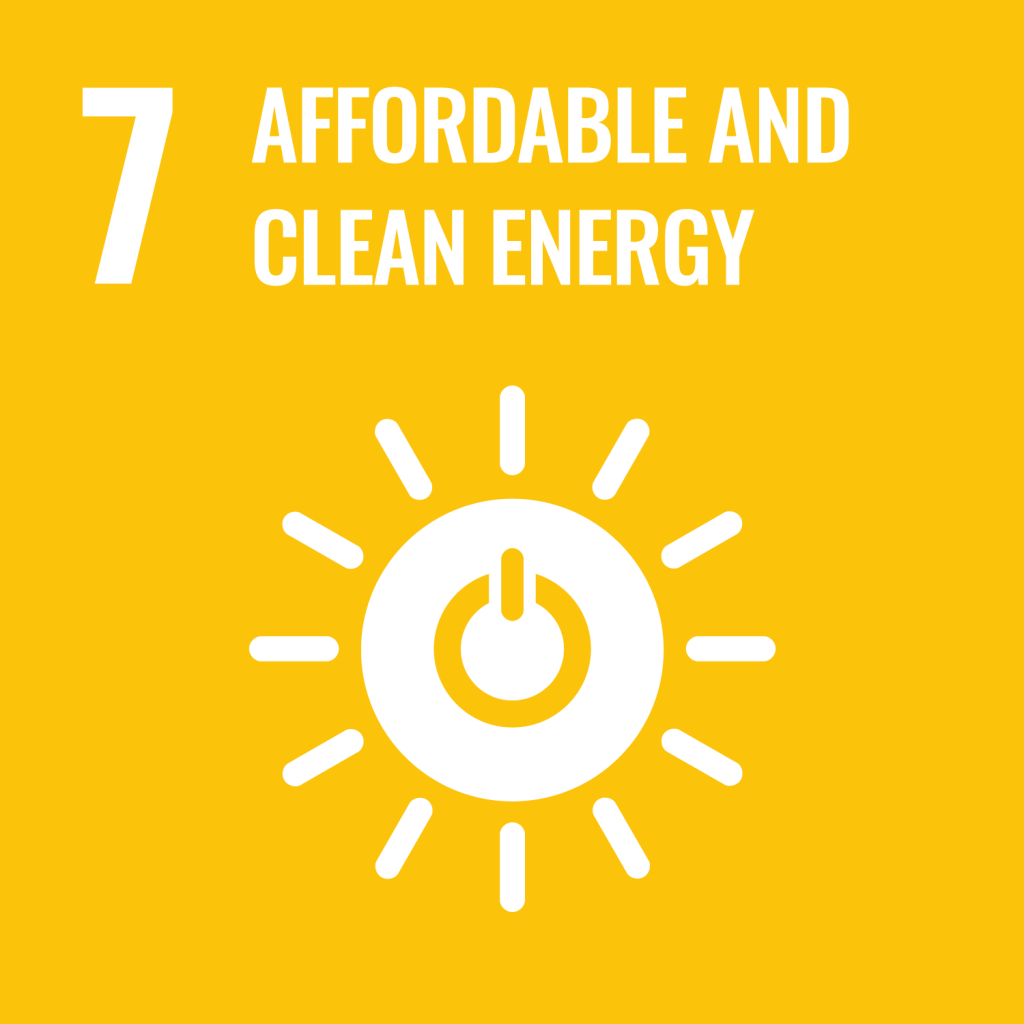Enova
Small (50-250)
Tertiary
Utilities
Lesson
Strategically embed trained staff to be eyes, ears, and implementers of sustainability and social programs. Speak to the Executive Team’s concerns when advocating for change. Intentionally communicate learnings to offset perception of failures of sustainability pilots.
Background
Enova Power Corp. (Enova) serves 157,000 residents and businesses in the City of Kitchener, the City of Waterloo, the Township of Wellesley, the Township of Wilmot and the Township of Woolwich. See the map below for a detailed look at the service territory.




Sustainability Story
Will Stratford is the current Health Safety Environment (HSE) & Sustainability Manager at Enova. He was employed in 2009 as a Loss Prevention Manager, although he felt the meaning of this job title was not clear and requested a change to Health and Safety Manager. About 1-2 years later he became aware that the Vice President had been taking on environmentally related initiatives and he offered to take these tasks over, at which point “Environment” was added to his job title. Around 2017, Will took over the management of the Facilities department and also had “Sustainability” added to his title. While Enova had had employees in the role of Safety Manager prior to Will’s employment, there is no predecessor for Will’s exact role. It was essentially created by Will over time, evolving to include environmental and sustainability initiatives.
A Green Team had been established prior to Will’s employment with Enova, but it had lost momentum and gone quiet by the time Will was hired. Will helped to revitalize the Team, along with motivated individuals who had continued their own small practices, such as composting at their desks, even after the Green Team had fizzled out. At that time, Will also pushed for Enova to join Sustainable Waterloo Region (SWR), a not for profit organization that helps Waterloo Region enterprises achieve carbon, water, and waste reductions. In 2009, Enova joined SWR as one of six Founding Partners, providing $10,000 in initial project funds.
In 2011, Enova constructed and moved into a LEED Silver building. This was largely driven by the CEO, who was closely involved in planning and designing the building. Will believes this was motivated by both personal values and as a public relations tool. Will explains that Enova is essentially owned by the community they serve, as the funds that allow them to operate stem from their customers. Enova therefore feels beholden to the community and wants to demonstrate the responsible use of their money. This was a key moment in Enova’s sustainability journey, with many practices originating after the move into the LEED building. Critically, Will’s revitalized Green Team was able to opportunistically establish and embed strategies to make the Green Team more sustainable.
In 2012, Enova became one of the first five Observing Organizations in SWR to convert to Pledging Partners by setting a GHG reductions target of 20% over 2010 levels by 2020. This target was the result of a compromise between Will and Jeff (from the Conservation and Demand Management department), and the leadership team. Enova’s leadership was wary of setting a greenhouse gas (GHG) reduction target and then potentially failing publicly if they did not meet it. Initially, the leadership had proposed a target and baseline year that would be met simply by moving from their old building to the more efficient one in 2011. Will and Jeff did not want Enova to take credit for only one action however, and insisted the target be something that the organization was striving towards. They also argued for an intensity based target of GHG emissions per customer, rather than GHG emissions per square foot as this would still take too much credit for the move to a more efficient building. They felt that a true measure of Enova’s business success was increasing their customer base, and as such, they should strive to reduce their GHG emissions per customer.
Will and Jeff’s success in convincing Enova to adopt a public GHG reduction target was also a key moment in time for their sustainability journey. Moving into a highly efficient building and setting a public GHG target via SWR were important catalysts as many of their sustainability and Green Team initiatives were undertaken after these events.
Enova Practices
| Energy efficiency and GHG emission reductions | Waste and water management | Employee and community wellbeing |
|---|---|---|
